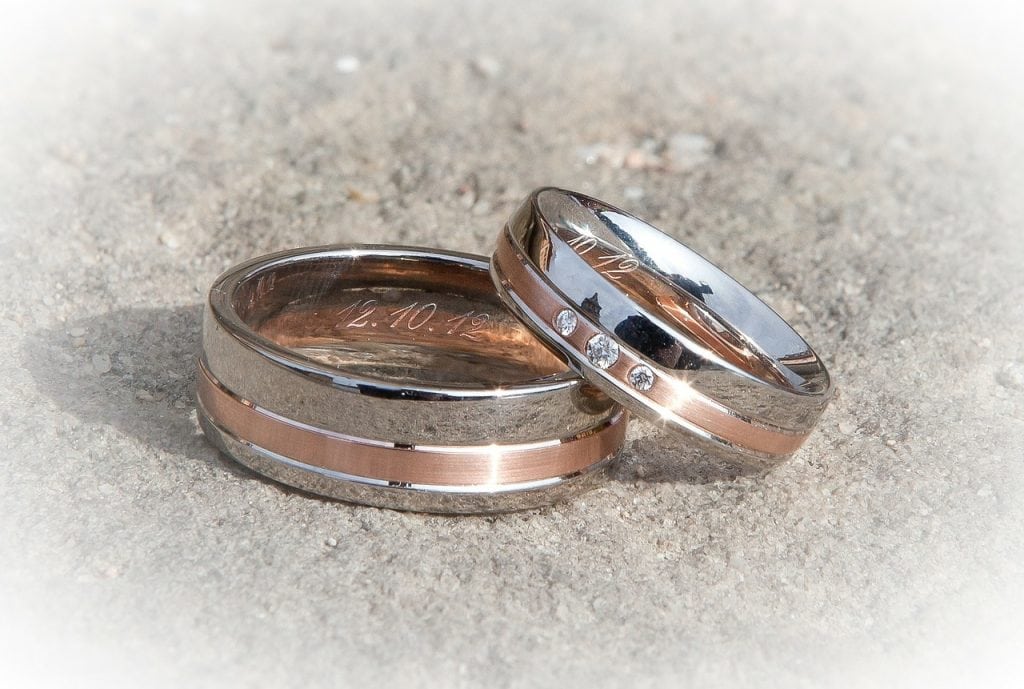Marriage Through Consent
Shafi'i Fiqh
Answered by Shaykh Muhammad Afifi al-Akiti
Question : Tajaddud Nikah
on account of Wali Hakim?
Alhamdulillah, wa Salat wa Salam ‘ala Rasulillah.
Answer :
The marriage is valid even when the bride’s original wali (the original wali is, in the terminology of the fuqaha’, the ‘wali khass’, whether the wali nasab [a family guardian] or wali wala’ [an appointed guardian]), refuses to marry her, provided that the following conditions are met:
(a) that the marriage is of a suitable match [kafa’a]. Examples of a non suitable match fall under 5 types:
(1) Nasab: inter-racial marriage (the concern here is in fact the language, which might affect the Fard ‘Ayn instruction of the child and the communication between the spouses); (2) Din: a fasiq man and a righteous woman; (3) San’a: a royal and a commoner or lowly waged man with the daughter of a highly waged man (although being wealthy has nothing to do with suitability); (4) Badan: free from bodily defects [‘uyub] that can lead to annulling the marriage. (5) Hurriyya: a slave and a free woman.
(b) the wali hakim has to be nominally resident in the place where the marriage takes place such as if he is a Qadi or the governor, it must be done in his area of jurisdiction [mahall wilaya].
(c) the marriage must take place beyond the distance of Qasr, that is, more than 81 km. The only exception to this is if the original wali refuses to marry the bride to the groom of her own choice in the presence of a Qadi (and it does not have to be the local Qadi working in the muqim of the original wali). In this case, the wali hakim may marry her to such a groom even in her hometown.
[cf. I’anat al-Talibin, vol. 3, pg. 554 ff., 527, 530].
If all the above conditions are met, there is no need to remarry or renew the ‘aqd of Nikah [tajaddud nikah]. However, according to the Qawl Sahih of our school [i.e., the Shafi’i school], it is permissible (jawaz) to renew the marriage contract and this will in no way invalidate the validity of the first ‘aqd. This is because, to renew the ‘aqd is considered courteous [tajammul] and precautionary [ihtiyat].
[cf. Ibn Hajar, Tuhfa Sharh al-Minhaj al-Nawawi, vol. 4, pg. 391].
May this be of help.
Wallahu a’lam!
The one who is always in need of Divine Mercy,
M. Afifi al-Akiti ©
Oxford
18 Sha’ban 1423
24 X 2002
